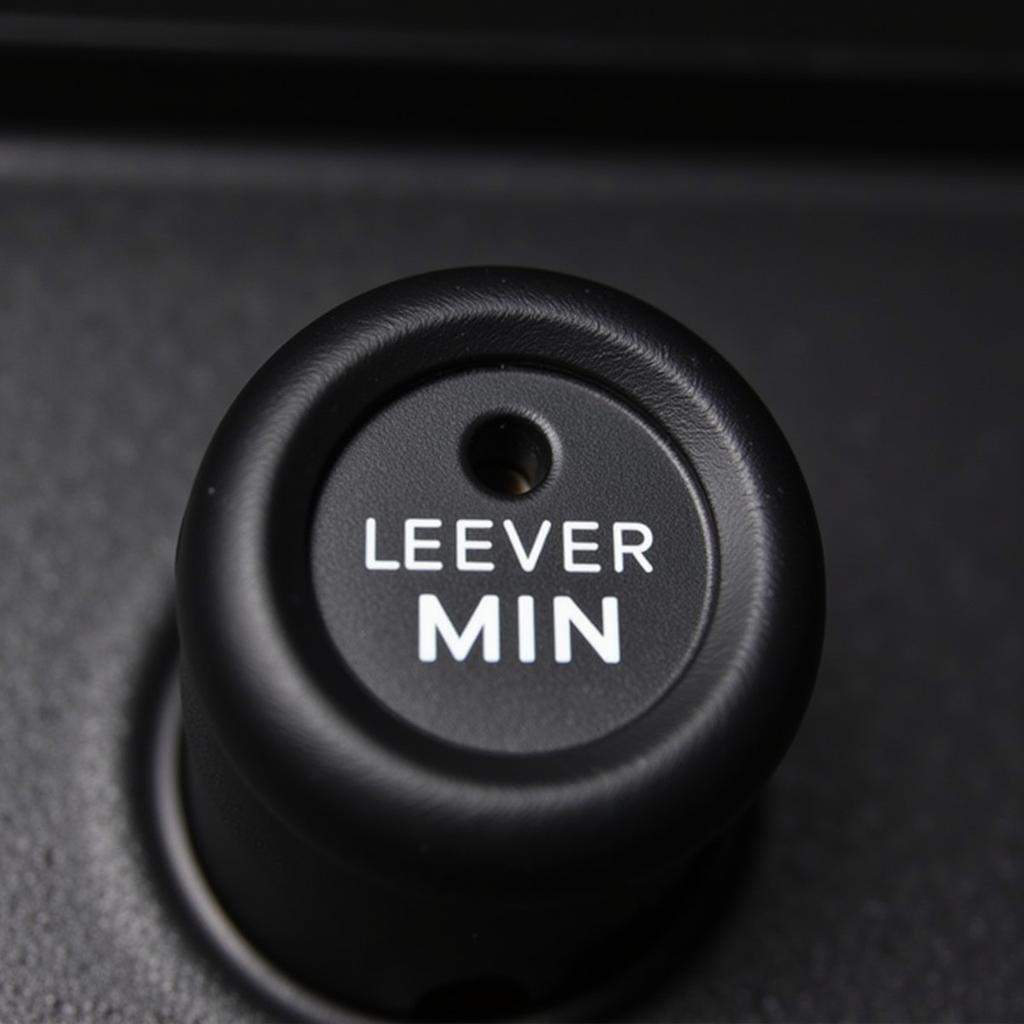If you’re seeing a brake system warning light on your dashboard, it’s important to take it seriously. This light indicates a potential problem with your brakes, which can be a serious safety hazard. The light could be triggered by a range of issues, from low brake fluid to a problem with the brake pad wear sensor.
Understanding the Warning Light
The brake system warning light is typically a red light that looks like an exclamation point inside a circle. It might also be accompanied by a message on your car’s display. This light is designed to alert you to a critical issue that requires immediate attention.
Common Causes for the Brake System Warning Light
Here are some of the most common reasons why your brake system warning light might come on:
- Low Brake Fluid: One of the most frequent causes of the brake warning light is low brake fluid. Brake fluid helps transfer pressure from the brake pedal to the brake calipers, which in turn squeeze the brake pads against the rotors. When brake fluid levels fall below the minimum mark, the warning light will turn on. This means your brake system may not be working properly.
- Brake Pad Wear: Brake pads wear down naturally over time. When the brake pads become too thin, a sensor embedded in the pads triggers the warning light, letting you know it’s time to replace the pads.
- Brake System Malfunction: The brake system warning light can also be triggered by other problems, including faulty brake sensors, leaks in the brake lines, a malfunctioning brake booster, or issues with the ABS (Anti-lock Braking System).
What To Do When the Brake Warning Light Comes On
If the brake system warning light comes on, it’s crucial to act quickly:
- Pull Over Safely: Do not ignore the warning light. Find a safe spot to pull over as soon as possible.
- Check the Brake Fluid: Open the hood and locate the brake fluid reservoir. Check the fluid level. If the fluid is below the minimum mark, top it off with the correct type of brake fluid. If you’re not comfortable doing this, you should contact a mechanic.
- Get Your Brakes Checked: Once you’ve pulled over safely, call a tow truck or drive to a trusted mechanic as soon as possible. A mechanic can diagnose the problem and make the necessary repairs.
“Ignoring a brake warning light is never a good idea,” says [Expert Name], a renowned automotive technician. “The brake system is crucial for safe driving, and any issues with it should be addressed promptly.”**
Additional Considerations
- Don’t Drive Your Car If the Brake Warning Light Is On: Avoid driving your car if the brake system warning light is illuminated. The brake system may not be working properly, which could lead to a dangerous situation.
- Keep an Eye on Your Brake Pads: It’s a good idea to check your brake pads periodically to make sure they are not worn down. This can help you avoid being caught off guard by a brake pad wear warning.
FAQs
1. Is it safe to drive with a brake warning light on?
No, it’s not safe to drive with a brake warning light on. The brake system may not be working properly, which could lead to a dangerous situation.
2. What if I top off the brake fluid and the warning light goes off?
If the warning light goes off after you top off the brake fluid, you may have a leak in your brake system. You should still have your brakes checked by a mechanic as soon as possible.
3. How much does it cost to fix a brake warning light?
The cost to fix a brake warning light can vary depending on the problem. It’s best to contact a mechanic to get an accurate estimate.
4. Can I reset the brake pad wear warning light myself?
Some newer vehicles allow you to reset the brake pad wear warning light yourself, but it’s best to consult your owner’s manual or a mechanic to determine the proper procedure for your car.
5. How often should I have my brakes checked?
Most experts recommend having your brakes checked at least once a year or every 6,000 miles.
6. What does the brake system warning light mean?
The brake system warning light means there is a problem with your brakes. It could be anything from low brake fluid to a problem with the brake pads.
If you see the brake system warning light on, take it seriously and get your brakes checked right away. Your safety depends on it!

